People don’t realize how many people touch a coffee bean before it gets brewed.
That was the insight of Blake Ryan in founding Restoration Roasters, one of the newcomers to the Inland coffee scene that is building social consciousness into its business model.
Restoration Roasters was created to help the Corona Norco Rescue Mission, a message that is built into the store’s interior design.
Ryan is managing principal of PlainJoe, a Corona marketing firm, and volunteer director at the mission, which aims to care for people in need for extended periods while they get on their feet.
He came up with the concept of a coffee house in the spring of 2014 and through a team of corporate sponsors had it open on the campus of Crossroads Christian Church by the end of the year.
Ryan saw a metaphor for mission clients in the humbleness of the coffee bean and the refining fire it goes through.
“The difference between a specialty coffee and regular coffee is that with specialty coffee the farmer handpicks each bean when it’s ripe. You think about God picking us,” he said in a phone interview.
Restoration Roasters has a three-fold purpose, to raise awareness for the mission, provide vocational training for its residents, and help subsidize their care.
Ryan said that teaching people to be baristas gives them marketable skills, but that Restoration Roasters benefits more clients by introducing them to the job market.
He said the business is “on kind of a break-even pace.”
PlainJoe lists Restoration Roasters on its website as an example of environmental design, meaning that the architecture and decor are intended to convey the narrative behind the business. Restoration Roasters uses a lot of brick and wood.
“We call it immersive storytelling…” Ryan said. “You’ll notice that it’s been designed in a way that will use a lot of reclaimed material. We feel that that is the story of this shop, to help restore people back into the community.”
Besides the metaphor of the mission, Restoration Roasters wants to tell the literal story of coffee.
This is one of those coffee bars concerned with point of origin that serves pour-over cups priced at market as well as cold brewed and batch brewed coffees intended to be appreciated without sugar, cream or other additives.
Miah Idema of Sound Coffee Collective calls such businesses third wave coffee. The term third wave has been in use for a number of years in various ways, but in general it implies coffee is an artisanal product, or as Esquire recently put it, “being to Starbucks what Starbucks was to Folger’s.”
Sound Coffee Collective is holding a launch party Friday evening at Lift Coffee Roasters’ warehouse in Riverside.
The event includes a roasting competiton in which contestants are judged not only on roast but a one-page story that describes it.
Narrative is important to Idema. A Temecula native, he found his purpose visiting coffee farms in Central America, where coffee is a way of life but not something special.
“It’s like the Midwest, where you can’t get away from corn,“ he said in a phone interview.
He wants a better narrative for coffee than Fair Trade USA “when you’re not really sure what that means.”
He wants people to know not just the country of origin, but the also the farm.
Although Sound Coffee Collective currently sells Costa Rican coffee to small businesses, Idema aspires to shift the focus to “coffee tours.“ He wants to bring growers to the United States, where they would attend events at coffee bars and get to know coffee drinkers while coffee drinkers get to know them.
Specialty coffee lends itself to such branding, according to Ryan.
“I think because a lot of coffee is grown in third world countries, there is a natural opportunity to try to figure out how in that relationship that both can benefit without one taking advantage of another,” he said. “I think that’s brought a big social side to this.”
*Originally posted here.















